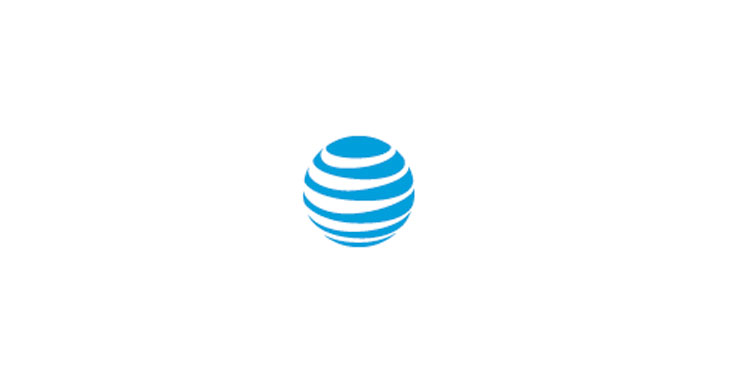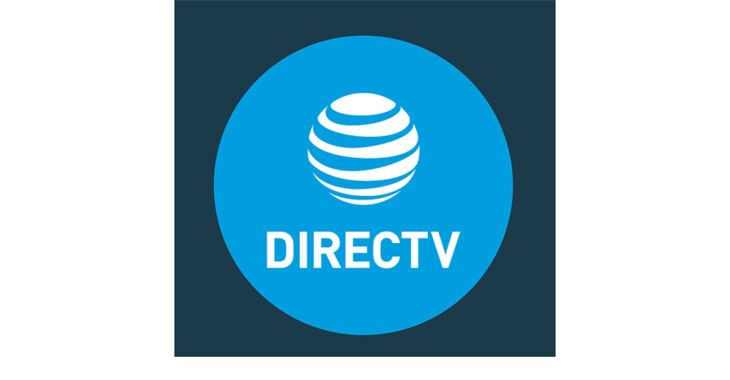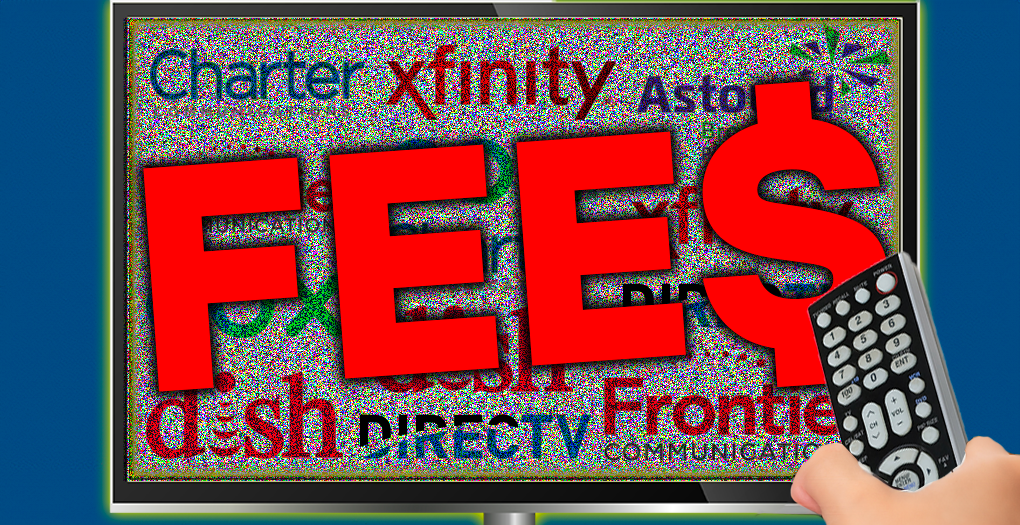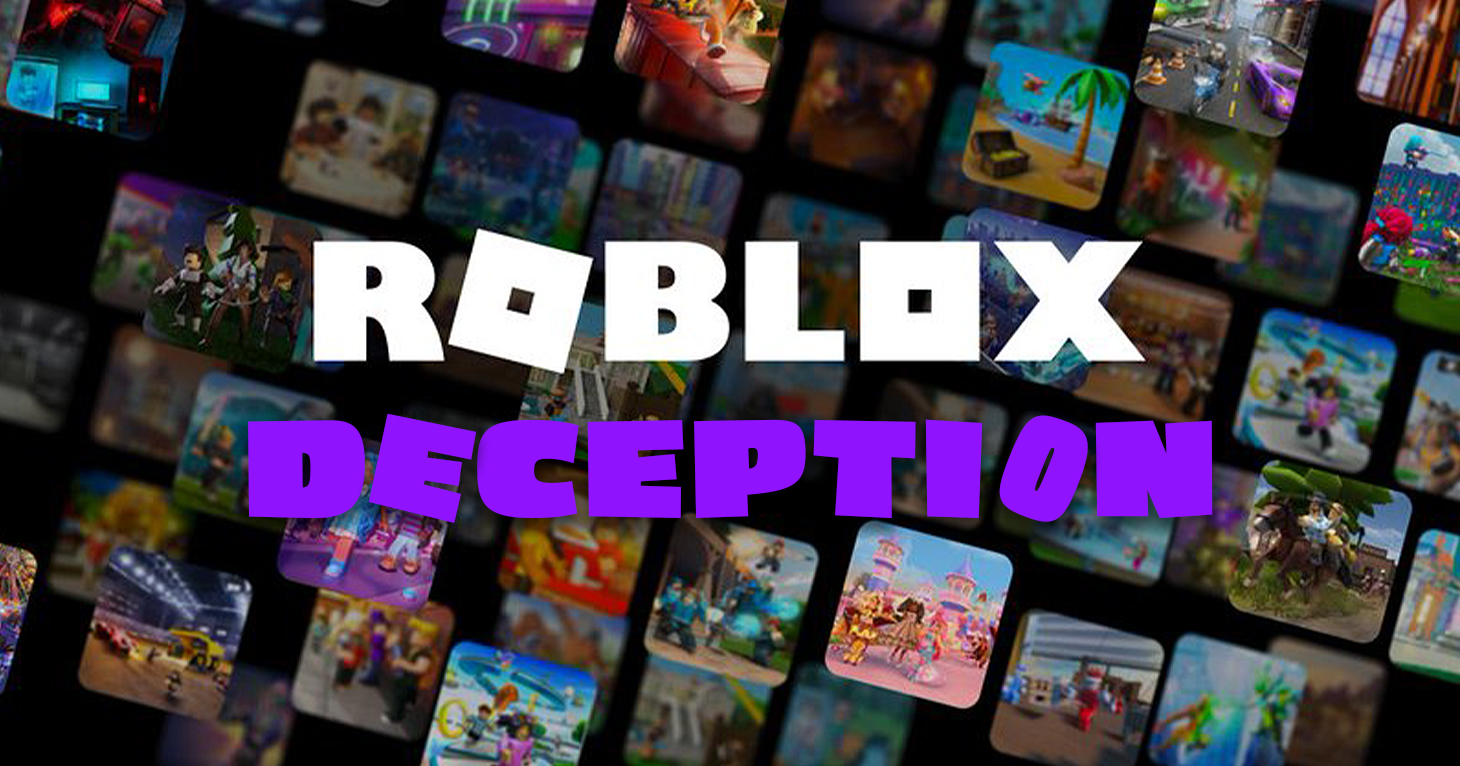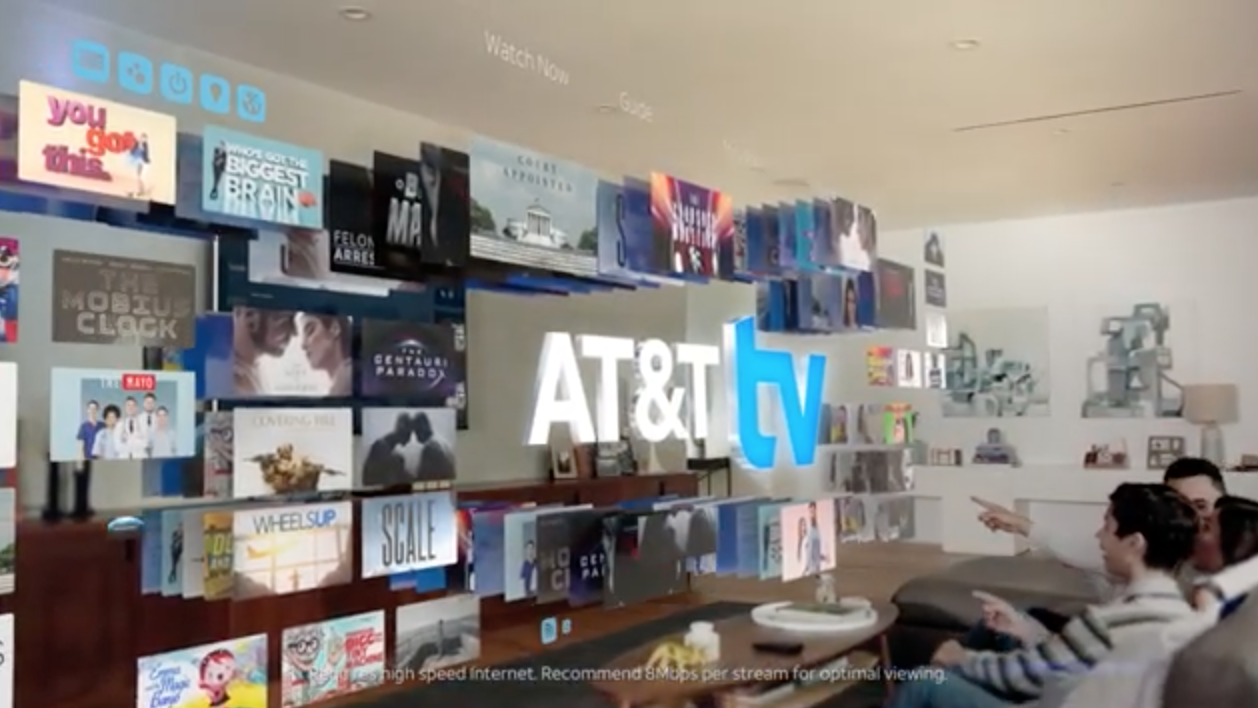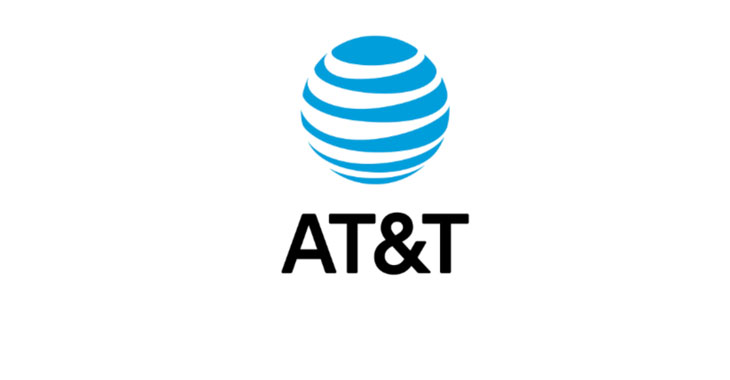
AT&T Securities
Allegations: Misleadingly representing that AT&T is committed to protecting the environment and people when its cables are covered in toxic lead
March 2016: The lawsuit was dismissed because the summons was not returned with proof that it was served, as required by Massachusetts law.
October 2015: A class-action lawsuit was filed against AT&T for allegedly deceptively marketing wireless service data plans as “unlimited” when the plans are actually limited by numerous conditions and the company does not adequately disclosing such conditions to consumers. (Hayes et al v. AT&T Mobility LLC, Case No. 15-cv-13669, D. MA.)
For more information about other class-action lawsuits regarding data throttling and TINA.org’s coverage of the issue, click here.
For more information about other class-action lawsuits filed against AT&T and TINA.org’s coverage of the company, click here.
Allegations: Misleadingly representing that AT&T is committed to protecting the environment and people when its cables are covered in toxic lead
Allegations: Falsely representing that it safeguards consumers’ personal information when it failed to do so and the data was breached
Allegations: Falsely advertising that phones are unlocked
Allegations: Deceptively promoting data plans as “unlimited” when they are actually subject to limitations
Allegations: Falsely advertising that phone and internet services are reliable and provide superior coverage and speed when the company failed to provide services for multiple weeks
Allegations: Misleadingly representing that it would safeguard consumers’ personal data when it failed to do so and there was a breach
Allegations: Misleadingly advertising monthly fees without disclosing certain fees
Allegations: Failing to adequately disclose when customers will be charged international roaming fees
Is it still a guarantee if it has strings attached?
TINA.org applauds proposed rulemaking and recommends addition.
Children as young as four are cited in consumer complaints filed with the FTC.
When companies green it, they better mean it.
‘The future of TV has finally arrived’ and with it, hidden fees.




